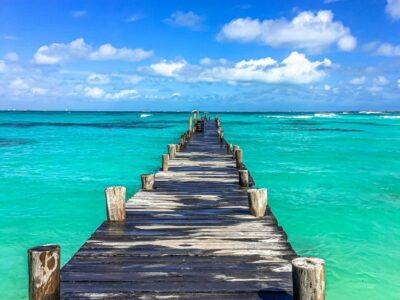Archived: COVID-19 transforms the political landscape of Latin America
Politicians with clear strategies gain popularity in the corona crisis, while deniers lose support. But the biggest problem is still to come: the social decline caused by the economic crisis.
by Alexander Busch, Latin America correspondent for Handelsblatt and Neue Zürcher Zeitung
The corona virus reached Latin America a month ago as one of the last regions in the world – and it is surprising how quickly presidents can increase their popularity in a short time if they have clear strategies against the spread of the disease. This can be seen in Peru, Chile and Argentina.
In Peru, for example, President Martín Vizcarra closed the country in mid-March immediately after the first infections and imposed a radical lockdown. Vizcarra’s popularity has since risen from 52 to 87 percent.
In Chile, the unpopular conservative president Sebastián Piñera has introduced gradual social isolation. At the same time he decreed state aid measures. In the meantime, Piñera, who has been massively weakened by the demonstrations against his government and for a new constitution, has been able to almost double his popularity rate to 21 percent.
In Argentina, too, Alberto Fernández is sharpening his profile as a social activist with a clear quarantine policy. More than 80 percent of the population supports him. He won his election five months ago with around 50 percent of the vote.
Conversely, when presidents deny, gloss over or react hesitantly to the crisis, they rapidly lose popular support. This applies regardless of political orientation to the populists Jair Bolsonaro in Brazil and Andrés Manuel López Obrador in Mexico.
The right-wing populist Bolsonaro continues to urge Brazilians to go to work against the advice of his ministers and experts. The virus is not much worse than a flu, he claims. Meanwhile almost all governors have restricted public life. Every evening there are loud pot bangs against the president – even in residential areas where most people voted for the former military. At 30 percent, Bolsonaro’s popularity is at its lowest level since he took office in early 2019.
Until a few days ago, the left-wing populist López Obrador urged Mexicans to go to restaurants and hug each other as much as possible. But in the meantime he seems to have recognised the seriousness of the situation. On the last day of March he abruptly declared a national state of emergency. Since the beginning of last year, his popularity has dropped from 78 to now 59 percent.
Nevertheless, popularity rates can change quickly. But the biggest challenge is only now coming to governments. The crisis is reaching an economically depressed continent. Presidents will soon be judged by how they deal with the negative social consequences. They must find a way to maintain their newly won popularity even as economic and social difficulties increase.
COVID-19 in Latin America
Development of case numbers in the region
Currently reported cases in the countries





